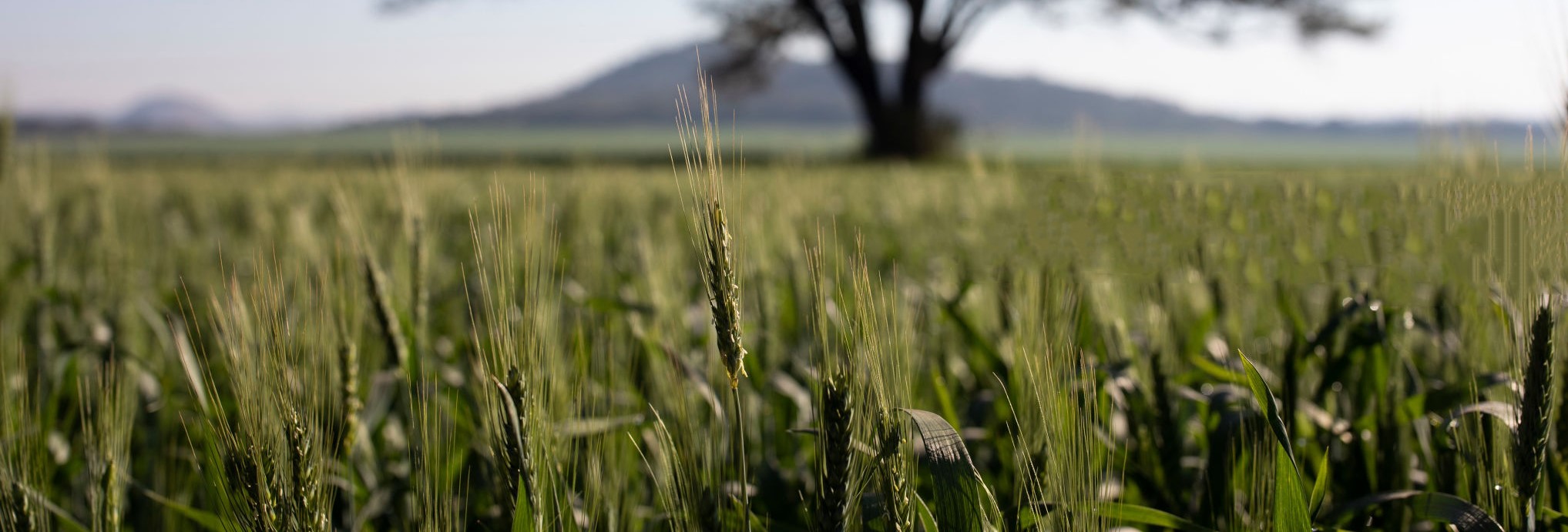A new project on Equitable access to land for social justice
The research project “Equitable access to land for social justice” looks at how policy makers, state officials, beneficiaries themselves, and society as a whole perceive successful land reform. Specifically, the research project will contribute towards the development of a pro-poor and politically progressive definition of success in land redistribution. Besides gathering empirical data on success and failure in land reform, the new project will promote public dialogue on land reform objectives and social justice in South Africa.
What is the project about?
The ‘Equitable access to land’ project is a follow up to the ‘Elite Capture in land redistribution’ research project which examined the question of who has benefitted from South Africa’s land reform. This current project seeks to foster public dialogue concerning the overall objectives of land reform in South Africa. A major challenge in implementing both rural and urban land reform in South Africa is the failure to operationalise Section 25 (5) of the Constitution which focuses on ‘broadening access to land on an equitable basis’. The project prioritises both research and dialogue on land reform in South Africa. Besides, conventional field-based research, the project will foster inclusive dialogue in the land reform sector and in wider society.
The High Level Panel of Parliament Report (2017) and the Presidential Advisory Panel Report on land Reform and Agriculture (2019) both argue that the absence of appropriate laws and policies to broaden access to land remains a major stumbling block to equitable land redistribution in South Africa. The illustrative, National Land Reform Framework Bill, the Draft National Beneficiary Selection and Land Allocation Policy, represent significant efforts in developing policies that operationalise equitable access in land reform.
Among others, the Tafelberg and Rakgase judgements, are illustrative of the administrative failures to operationalise equitable access to land in urban and agricultural land reform, respectively. Public discourse on expropriation of land narrowly addresses the question of how to acquire more land and accelerate the pace of land reform. Fundamental questions on the overall objectives of land reform remain peripheral to the land reform debate. The project primarily focuses on the contested nature of land reform and competing visions concerning key objectives of land reform in South Africa, particularly the question of what land reform is for.
What is the goal of this project?
The Equitable access to land for social justice is essentially a research and dialogue project. A key aspect of the project is inclusive dialogue whereby different role players in the land sector and broader society reflect on what constitutes a successful land reform. This will inform the development of an inclusive and politically progressive definition of success in land reform. The aim is to foreground social justice and promote a pro-poor land reform agenda in South Africa. Inclusive dialogue creates space for critical conversations on different visions of land reform, and why land reform should be implemented, where and who should benefit from land redistribution.
What does ‘equitable access to land’ mean?
Equitable access to land is essentially about broadening access to land to enable the poor to benefit from occupying and utilising the land. Section 25 (5) of the Bill of Rights places the responsibility on the government to take the necessary steps to broaden access to land on an equitable basis. Unequal land ownership patterns persist in both urban and rural areas. In agriculture, a few large-scale, white-owned commercial farms dominate the sector and produce the bulk of agricultural output. In contrast, large numbers of black, smallholder farmers are confined to the former homelands with limited access to land. Equitable agricultural land redistribution requires the broadening of the agrarian structure to make it more inclusive. Spatial injustice continues to be a key feature of the post-apartheid urban landscape in South Africa. The majority of poor urban dwellers live in informal settlements with limited access to economic opportunities and essential services. Addressing the spatial inequalities in the cities is a key part of efforts to broaden access to land as required by the constitution.
What will the project and your research add to the current debate surrounding land reform?
The PLAAS project on ‘Equitable Access to land for social justice’ seeks to contribute towards the development of a pro-poor and politically progressive understanding of what constitutes a successful land reform in South Africa. A key part of this is inclusive dialogue whereby alternative and marginal voices on the overall objectives of land reform are incorporated in public discourse and policy processes. In agricultural land reform, the land needs smallholder farmers, women, farmworkers are often not met and these groups remain underrepresented as beneficiaries. Spatial injustice persists in urban areas and inclusive cities remain elusive for the majority of poor South Africans, especially informal settlement dwellers.
Partnerships and collaborations
The Equitable access to land for social justice project seeks to create inclusive space for public dialogue and engagement. PLAAS has collaborated with a number of key partners in civil society to critically engage on equitable land reform and social justice in South Africa. Some of the organisations and civil society partners that have been part of our public engagements include, Alliance for Rural Democracy (ARD), Border Rural Committee (BRC), Association for Rural Advancement (AFRA), LandNNES, the Land Access Movement of South Africa (LAMOSA), Tshisimani, Surplus People Project, Women on Farms Project, Ndifuna Ukwazi and Reclaim the City.



Funders
This project is generously supported by the Open Society Foundation and the Claude Leon Foundation.






